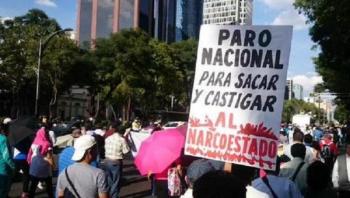
Luiz Bernardo Pericás, Caio Prado Júnior uma biografia política. Sao Paulo, 2016. 484 pp. Photos. Illustrations. Acronyms. Chonology. Notes. Bibliography. Index. Available only in Portuguese at this time.
Pericás’ Caio Prado is a well researched, well documented biography of Caio Prado, the renowned and important Brazilian historian. This biography is distinguished by the author’s concern to present Prado not only as a Marxist intellectual but also as a member of the Brazilian Communist Party (PCB) and a committed political activist–and to show the relationship between the two. The author argues that Prado’s politics were integral to his work as a historian.

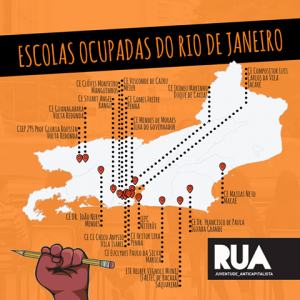
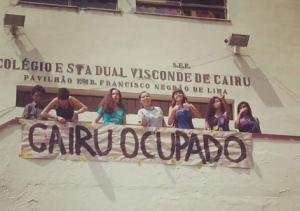
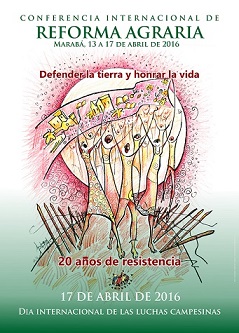
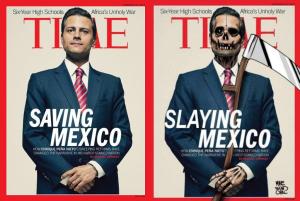
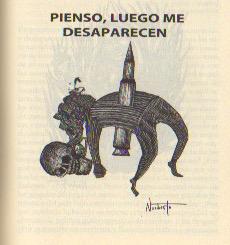
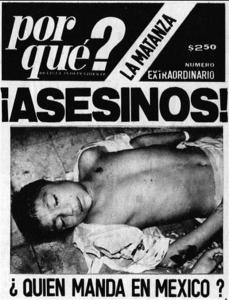
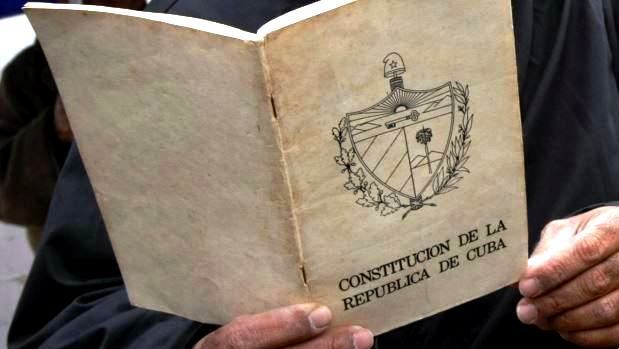
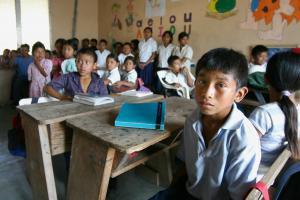
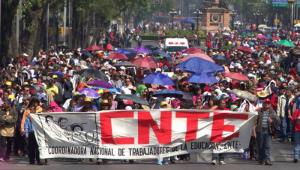
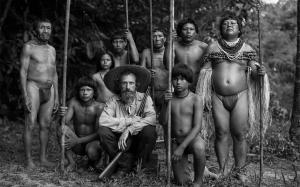 Will we ever get over this thing called civilization? That's what I wondered as I watched
Will we ever get over this thing called civilization? That's what I wondered as I watched 
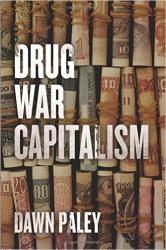


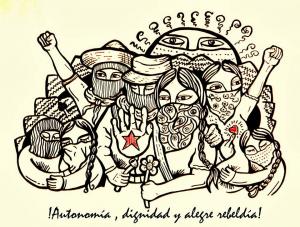
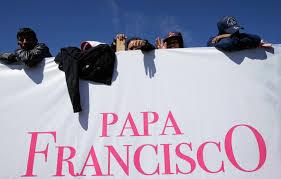
 After ten years of economic contraction, many of the citizens of Puerto Rico find themselves watching the secular decomposition of a reality that in its heyday was painted by many as one of relative socio-economic welfare.
After ten years of economic contraction, many of the citizens of Puerto Rico find themselves watching the secular decomposition of a reality that in its heyday was painted by many as one of relative socio-economic welfare.